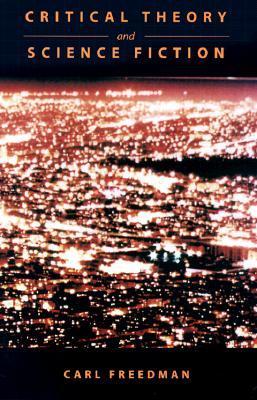What do you think?
Rate this book


206 pages, Paperback
First published February 1, 2000
"The dialectical complexity of The Dispossessed should not, therefore, be confused with a refusal to take sides. Indeed, far from resolving into any sort of Olympian apoliticism that would affect a liberal - individualist position “above” politics, Le Guin’s text is able to enforce its anarcho - communist political vision with special power precisely because of its theoretical self - critique, and it is perhaps here that the novel’s greatest achievement is located. Like all authors in the utopian generic tradition, Le Guin is in some measure a didactic writer. Although, as Brecht would remind us, the didactic impulse is a perfectly legitimate component of artistic production, and is devalued only by the precritical prejudices of a naively contemplative middle - class aesthetic, it is also true that narrowly didactic art is weakened by being didactic in an insufficiently critical way, by failing to be strictly dialectical. The result is the kind of text that seems to make things too easy for itself, to argue its case in a way that causes the outcome to appear rigged in advance. Le Guin, by contrast, is distinguished by her willingness to make things difficult for herself, to incorporate into her own text as many rigorous objections to her own viewpoint as possible. The result is the kind of text that achieves a genuine critical victory, not just a formal win by default. Like the greatest didactic writers — Brecht and Ibsen come readily to mind — Le Guin, at her best, prefers on intellectual and aesthetic principle to make her case as strong as possible by not flinching from the most cogent counterarguments that might be mounted.
"The first term refers to the creation of an alternative fictional world that, by refusing to take our mundane environment for granted, implicitly or explicitly performs an estranging critical interrogation of the latter. But the critical character of the interrogation is guaranteed by the operation of cognition, which enables the science-fictional text to account rationally for its imagined world and for the connections as well as the disconnections of the later to our own empirical world." (16-17)